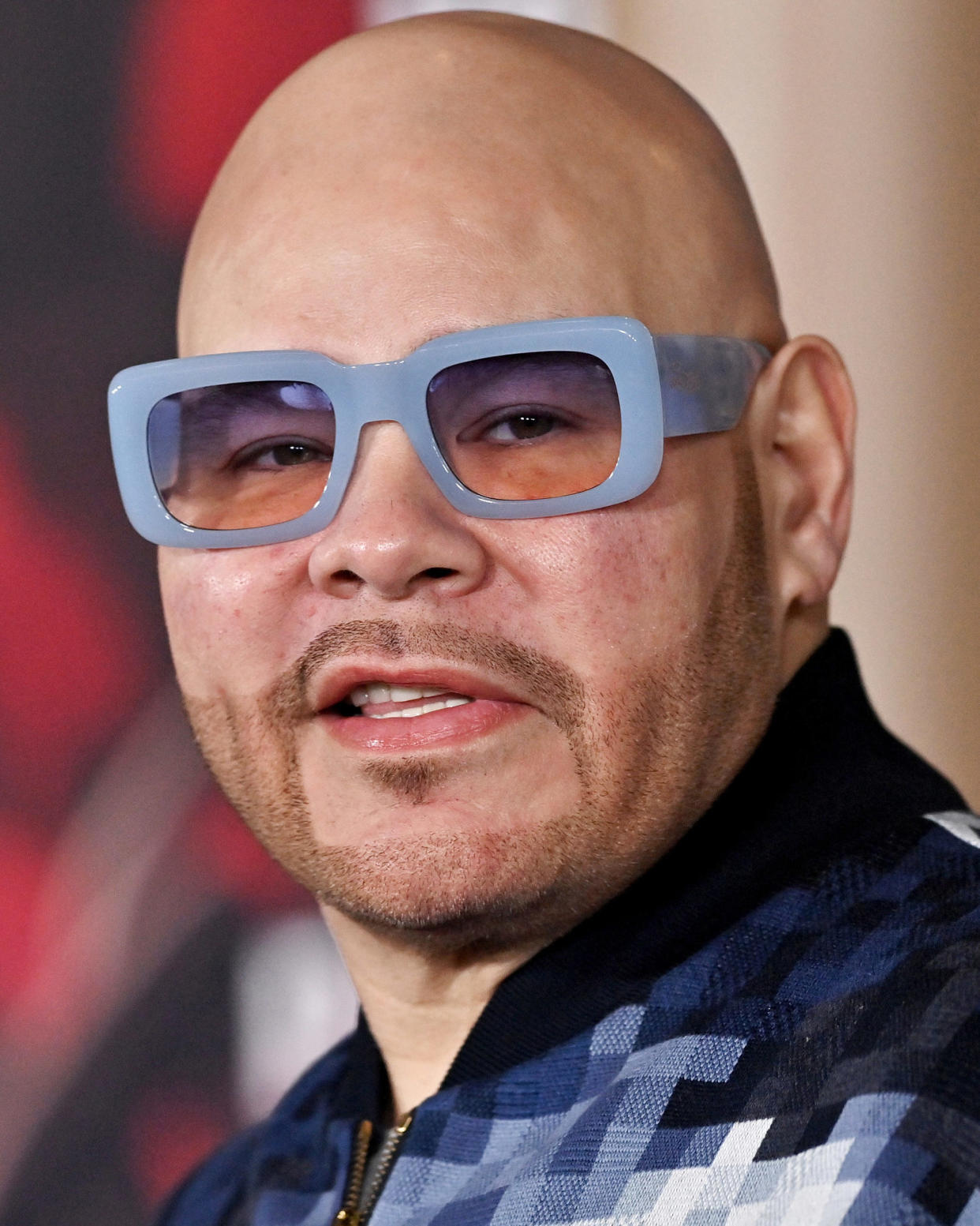Kamala Harris will host a marijuana reform event with Fat Joe
WASHINGTON — Vice President Kamala Harris will hold the administration's first public event on marijuana reform this week after President Joe Biden addressed the issue as one of his priorities in last week's State of the Union address.
Harris will convene a roundtable discussion in the West Wing, featuring Grammy-nominated artist Fat Joe, Kentucky Gov. Andy Beshear and individuals who received pardons for prior cannabis convictions.
Harris’ main portfolio includes reproductive health care, gun violence and voting rights, but she has consistently amplified criminal justice reform since her years as a district attorney in California.

In his State of the Union Thursday, Biden said that he had directed his “cabinet to review the federal classification of marijuana,” adding that he is also “expunging thousands of convictions for the mere possession, because no one should be jailed for simply using.”
Biden’s comments were notable, marking the first time he spoke about the effort to reschedule marijuana since he directed agencies in October 2022 to examine its classification within the Drug Enforcement Agency. It was also the first time Biden mentioned the drug during a speech as critical as an election-year State of the Union.
Two aides close to the vice president, and an additional source with familiar with her role, said Harris will continue to bring awareness to the issue in the coming months, with events that highlight expungements — especially as the reelection campaign seeks the support of critical young voters and voters of color.
"Friday’s engagement will build on the Vice President’s efforts to uplift the historic actions the Biden-Harris Administration has taken to ensure everyone has access to opportunity, including by making the criminal justice system more just. This will continue in the weeks and months to come," a White House official said.
The Biden campaign launched a core part of that outreach effort in its “Students for Biden-Harris” rollout earlier this week. While young people identify plenty of issues that are most important to them — including abortion access, the economy and gun violence — cannabis reform is also a significant concern.
According to a national poll commissioned by the Coalition for Cannabis Scheduling Reform, the overwhelming majority of 18-to-25 year-old likely voters (65%) expressed support for Biden’s efforts to reschedule cannabis, and 70% of Americans support federal marijuana legalization — the highest percentage ever.
The White House announced its major initiatives on the topic, including directing agencies to evaluate rescheduling the drug, just weeks before the 2022 midterm elections.
“Too many lives have been upended because of our failed approach to marijuana. It’s time that we right these wrongs,” Biden said in a statement at the time.
In August, the Department of Health and Human Services formally recommended that the Department of Justice reclassify cannabis from Schedule 1 to 3, for the first time acknowledging the medical benefits of cannabis, which has been in the same category as heroin and LSD since the Controlled Substances Act was enacted in 1971.
Drugs classified under Schedule 1 are substances that officials say have no accepted form of medical use and have a high potential for abuse. Marijuana ranks higher in the CSA than fentanyl and cocaine, despite 40 states and Washington, D.C., having legalized some form of cannabis, for either recreational or medical use.
The DEA has been conducting a review of the HHS recommendation for months but has yet to issue an opinion, though one is expected this spring according to two sources with knowledge. Once that opinion is issued, a public review period is expected — a process that could take up to 60 days.
The grid-locked Congress could also make some progress on cannabis reform this year, with Senate Majority Leader Chuck Schumer telling reporters last week that the bipartisan SAFER Banking Act — a bill that would expand access to traditional banking and financial institutions for legal cannabis businesses — could get a vote on the floor before the November election.
